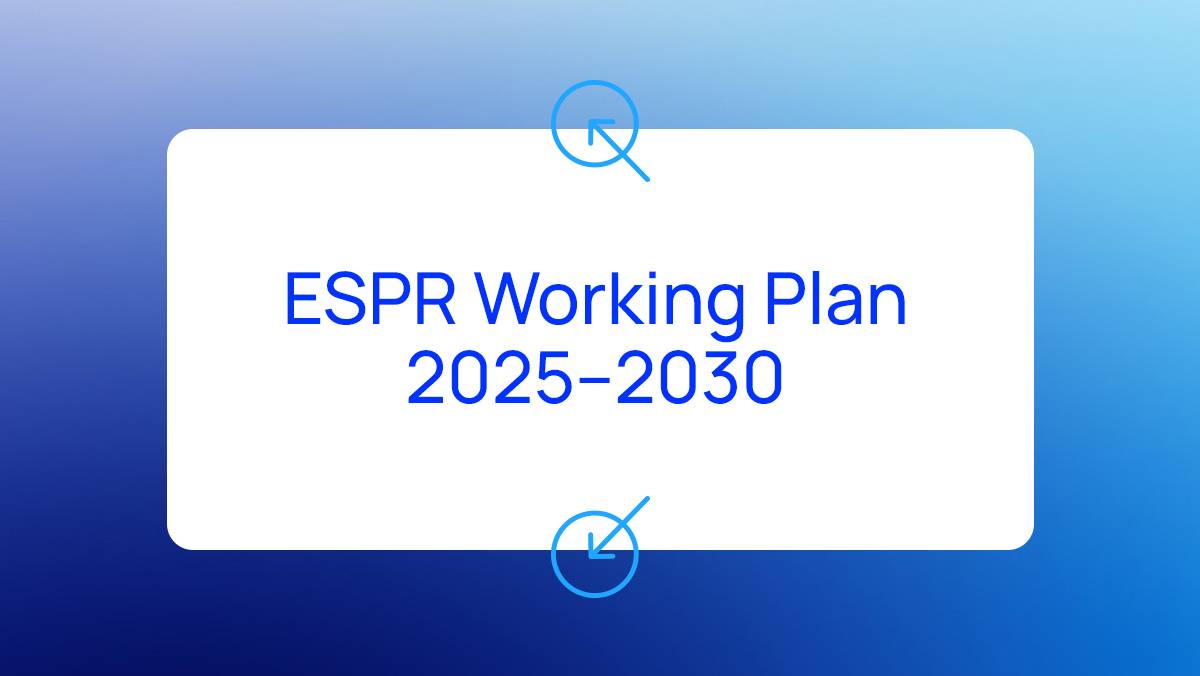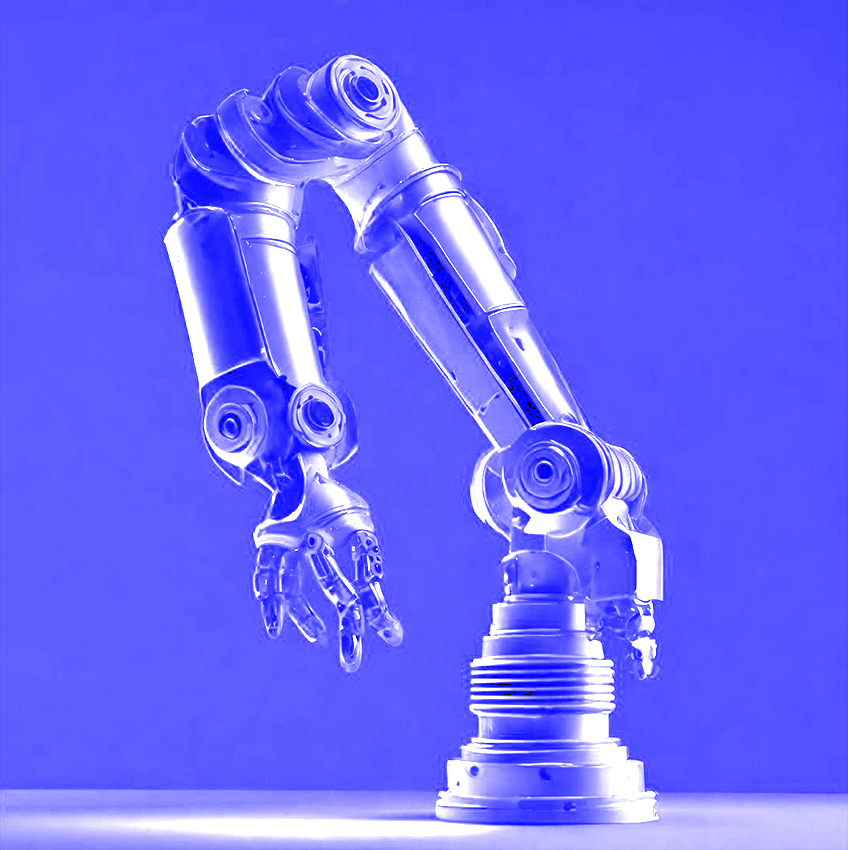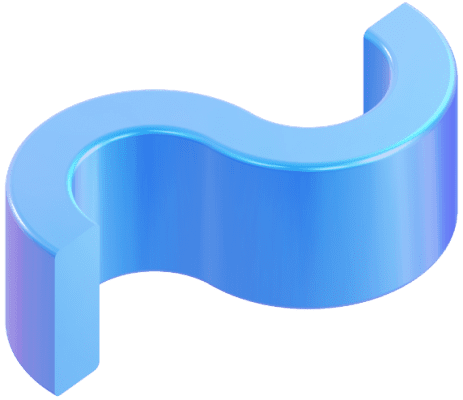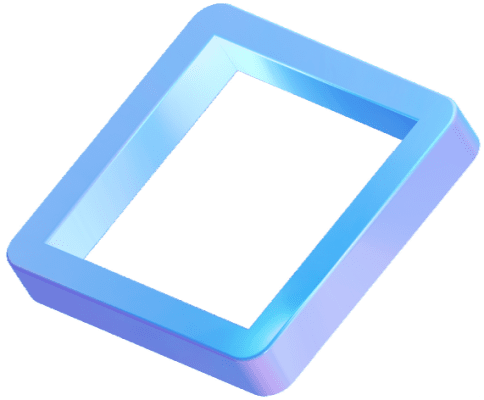The ESPR Working Plan 2025–2030 has been officially published. It is the first operational roadmap that makes the new Ecodesign for Sustainable Products Regulation (ESPR) actionable. This marks a key milestone in European environmental policy, with concrete implications for businesses, manufacturers, and consumers across the Union. The document outlines the product categories that will be prioritised for the introduction of the Digital Product Passport and specific requirements for sustainable design, energy efficiency, durability, and traceability.
Estimated reading time: 7 minutes
Indice
What is the ESPR Working Plan and what changes for businesses
The ESPR Working Plan 2025–2030 (Ecodesign for Sustainable Products Regulation) sets out legislative priorities for the coming years, identifying the products with the highest environmental impact and the greatest potential for circular improvement. Unlike previous legislation, this Regulation:
- Extends the scope to a wide range of products, not just electrical or electronic
- Integrates information obligations and sustainable design requirements
- Requires the use of digital tools for transparency, such as the Digital Product Passport
- Promotes traceability as a competitive driver for European businesses
The product groups identified as a priority by the European Commission
The ESPR Working Plan selects six key categories based on environmental criteria, circular potential, and economic strategic importance. The first sectors to be impacted are:
👕 Apparel and textiles
Among the most impactful sectors. The DPP will increase transparency on materials used, chemical treatments, reuse and recycling.
🪑 Furniture
The DPP focus on durability, repairability, use of composite materials, and disassembly information.
🛠 Iron and steel
Strategic for energy transition and infrastructure, yet highly emissive. The focus will be on decarbonisation and traceability.
🛏 Mattresses
Included due to their multi-material composition and challenges related to disposal.
🚗 Tyres
A critical sector in terms of safety, lifespan, road wear, and microplastics. Focus: environmental performance.
⚙️ Aluminium
Essential in construction and transport, yet very energy-intensive. Focus on origin, recycled content, and production processes.
The Digital Product Passport: mandatory and strategic
The goal of the ESPR Working Plan is to enable more informed decisions, facilitate regulatory compliance, and strengthen the positioning of businesses committed to transparency and environmental responsibility. The Digital Product Passport will be mandatory for all products covered by the Ecodesign Regulation. It is designed to collect and share essential product information in a standardised and accessible format. Each DPP will include:
- Composition and materials used
- Durability and repair instructions
- Carbon footprint and life cycle impact
- Traceability of the supply chain
- Guidelines for reuse, recycling, and disposal
What to do now with the ESPR Working Plan
Adopting a solution like Made in Block’s Digital Product Passport, integrated with blockchain and AI, allows businesses to get ahead of regulatory requirements and build a targeted, strategic ecodesign pathway. This is not just about meeting deadlines. It is about turning product data into value within the framework of the ESPR Working Plan. The DPP is the result of a technical process, but also the beginning of a market strategy that can set a brand apart through innovation, trust, and reliability.
Book a free consultation on the ESPR Working Plan
Want to learn more about the ESPR Working Plan, the deadlines that affect your sector, the steps to take now, and how to create your Digital Product Passport? Request a free consultation and discover how to turn the Ecodesign Regulation 2025–2030 into a competitive advantage.
Book your consultation: https://www.madeinblock.it/agenda/









